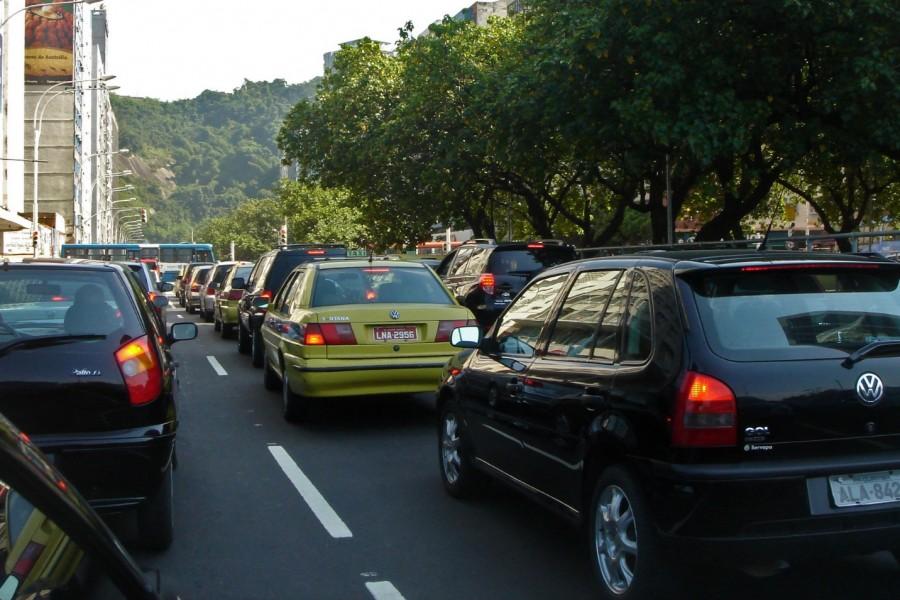Destress Your Driving
As thousands drive on the daily, constant confusion, frustration, and negativity plague the community as a result of road rage. Because it is an issue with an expansive impact, it is important to understand any methods to minimize the aggression. Here are ways to calm your mind, achieve less stress, and simplify the pessimistic process that comes with anger while driving.
The first step is to be conscious of individual behavior. It is important to take an introspective look into where the source of anger takes root. The cause of “road rage” could very well be something within, perhaps a dissatisfaction with a personal characteristic, or an irritation that has been accelerated by the stressful environment of driving. Being aware of your own thoughts and feelings that are unrelated to driving can correspond strongly with the outcomes of your behavior.
Furthermore, there is a necessity to monitor and self-evaluate all actions. Are your thoughts about other drivers centered on the need to correct them? Is tailgating and honking at others a part of your daily routine? Are time constraints causing reckless and perhaps negative driving situations? If yes was the answer to any of these questions, it may be time to take a look at yourself through a different lens, stepping back a few steps to really question and understand the validity or lack thereof regarding characteristics defining any type of road rage.
Keep in mind that anger can cause potentially dangerous situations to occur both inside the car and out. While in the car, if you have a constant need to “direct others” vocally, or signal surrounding drivers rudely, there is a greater probability for car crashes and other risky situations. Additionally, negativity within the vehicle may continue even after one leaves the car. Feelings of bitterness and aggression could easily trickle into other parts of life, having an adverse effect on relationships with family, friends, or significant others, and also a detrimental impact on your ability to think rationally.
Take a moment to breathe, and allow yourself to become more present in the moment. Pay attention to and be invested in the environment, even if you find yourself in an area with which you are unfamiliar. At any point while driving, act as an intelligent and informed observer that is conscious of both other cars and obstacles. Just as new drivers are aware of their flaws, so must old drivers be mindful of the skills they could still work to improve.
Leave on time and plan ahead on days that are quick. When we run out of time, there is a higher probability for negative thoughts to arise, which can impact any who are habitually late. If you have an appointment, plan to get there five to ten minutes early, and if you feel as though you are inching your way towards losing your temper, take a deep breath, and (safely) refresh the situation by simplifying the getting ready process. If pressed for time, skipping steps may be necessary, because safety in driving and positivity in attitude should both take precedence.
Lastly, take better care of yourself. Enough sleep is vital to the functioning of anyone’s brain, and the important thing to remember is to always eat breakfast in the morning, even if on-the-go. Always make sure to include food that will sustain you, and also bring extra snacks for the day to prevent “hangry” behavior. Dehydration is another need that must not be overlooked. Overall, a healthier body means more likelihood that you will be on time, due to a potential increase in levels of happiness, and a lower chance of irritability (often the cause of unnecessary aggression).
Consequently, you should remember to focus on how to fix any inner problems, while also facilitating knowledge, awareness, health, and much more in the driving setting. It is most important to act as an observer, and understand how one environment can impact another in the scheme of the world as a whole, which consciousness while driving definitely facilitates. Find a state of inner peace, watch your stress fade, and live life with a lighter mentality as a result.

Hi, I'm Emily! I am a senior who enjoys writing, reading, watching Netflix, listening to music, and hanging out with friends. I also enjoy singing, playing...













